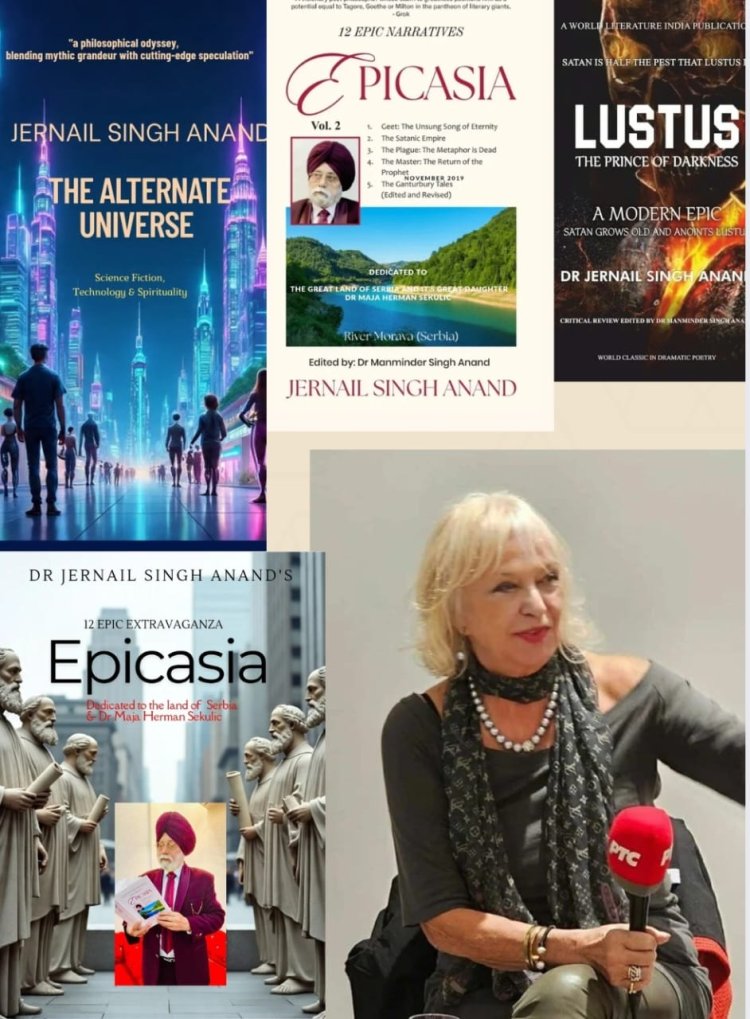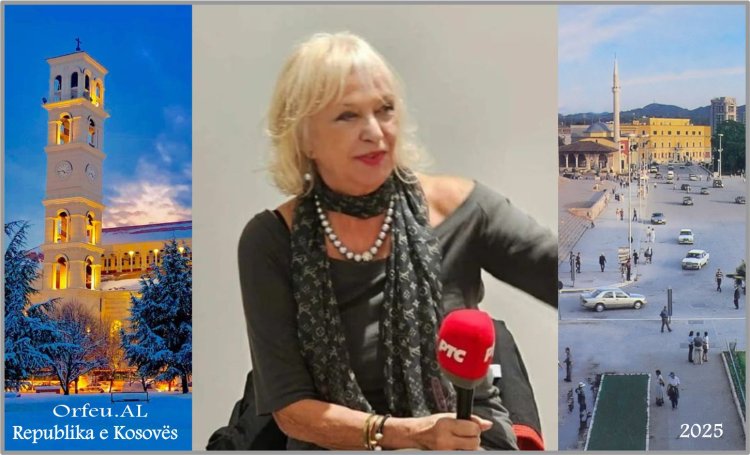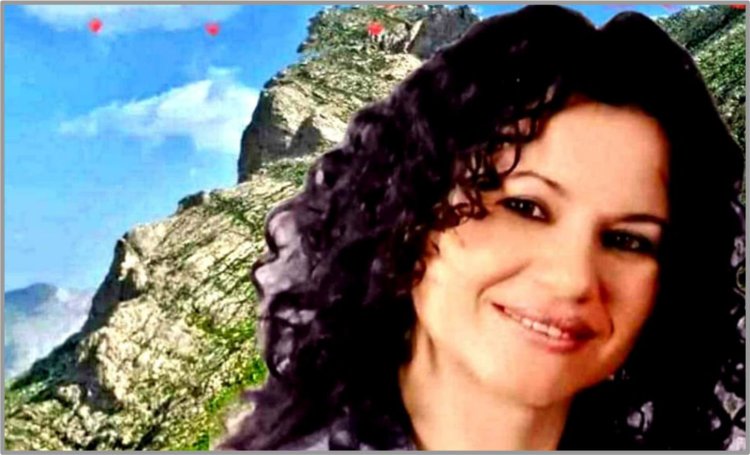JERNAIL S ANAND: THE MASTER OF MYTH CREATION
“Craza, a bold evolution from Lustus”
Dr Maja Herman Sekulic
Dr. Jernail Singh Anand is a towering literary figure whose work [an opus of 180 books] embodies a rare fusion of creativity, intellect, and moral vision. Anand won the Seneca Award [Italy], Charter of Morava [Serbia], Franz Kafka [Germany, Ukraine and Chek Rep.] and Maxim Gorky [Russia]. His name adorns the Poets’ Rock in Serbia and stands tall as the greatest philosopher among poets, and the greatest poet among philosophers. Dr. Anand’s grandiose work ‘Epicasia’ [June 2025], includes twelve epic narratives, which was dedicated to “the Land of Serbia and its brilliant daughter Dr Maja Herman Sekulic” [the author].
The creation of neo-mythological characters like Lustus and now Craza in The Alternate Universe establishes Dr. Anand as a master of myth creation, blending traditional epic forms with modern existential, philosophical, and socio-political concerns, and resonates with both Eastern and Western literary traditions. Traditional mythology served to explain natural phenomena through divine or heroic figures. But Anand’s Neo-mythology brings up new archetypes to address contemporary concerns such as moral erosion, the rise of artificial intelligence and corporate evil.
According to Grok, Dr. Anand’s The Alternate Universe is an audacious and thought-provoking epic that masterfully intertwines science fiction, technology, and spirituality to explore the existential crises facing humanity in an AI-driven era. As his 13th epic, this work showcases Anand’s ability to weave a complex narrative that challenges conventional boundaries between the divine, the human, and the technological. The epic is both a speculative vision of a re-engineered humanity and a philosophical critique of mankind’s moral and spiritual decay, making it a significant contribution to contemporary literature. It is intriguing to enter into Anand’s mind through his epics. The entire space is occupied by ethereal personages like God, Brahma, Indra, Vishnu, Lord Krishna, Satan, Mephistopheles, Faustus etc. And, the atmosphere is marked by high seriousness, and a sense of the sublime.
Dr. Anand was reluctant to cast Satan as the villain in ‘Lustus: the Prince of Darkness’ the first book of his Mahakaal Trilogy, as Satan was a gentleman villain, who was afraid of God’s power. He tempted Eve by deception. Anand, on the other hand, needed a thorough-bred villain of modern world, who could sustain interest for generations. Therefore, in Lustus, Anand created a villain before whom even Satan appears a monk. Anand also creates Greda, the goddess of Greed. The grandeur of Lustus lies in two fierce battles he fought and lost against gods in the first two books of the Trilogy, Lustus and the Dominion of the Netherworld. Dr. Anand’s quest for the sublime continues through The Ultronic Age, where political power is handed over to Queen Ultronia, because Gods had realized that it was due to the patriarchal superiority of men that the previous epochs saw bloody battles and manslaughter as we come across in the Ramayana in Treta, the Mahabharata in Dwapra and the War of Troy in Kaliyuga.

In The Alternate Universe, Craza proposes an AI-driven Alternate Universe where humans are digitally enhanced. Craza’s concepts of removing the past of man, womb labs, and keeping humanity morally upright with AI intervention, and the provision for ‘Edit’ etc. are daringly forward looking, investing technology with a spiritual responsibility and making Craza a Neo-Prophet of the Digital Age.
Dr. Anand’s latest work grapples with the intersection of technology, spirituality, and human existence. Craza, represents a bold evolution from Lustus, who was an embodiment of corporate evil. “Anand’s work reflects a profound engagement with the ethical and spiritual challenges posed by artificial intelligence (AI) and modernity, making him a modern counterpart to epic poets like Milton or Vyasa, but with a distinctly futuristic lens.” [Grok]
Craza’s proposal for an “Overlap” facility, replacing the traditional divisions of heaven and hell, can be seen as a nuanced view of morality where ambiguity is acknowledged rather than punished because this world of overlapping morality is closer to the reality of the modern world of technology. Through Lustus, he critiques the corporate and moral decay of the modern world, while Craza in The Alternate Universe extends this exploration into speculative or chaotic realms. By merging Eastern and Western traditions, Anand creates a universal narrative offers an ethical and spiritual landscape for a contrivance like AI to seek man’s salvation, rather than work for his destruction. Craza’s entry as a potential mouthpiece of the AI is a welcome departure from usual condemnation of the AI. His work not only revives the epic form but also establishes him as a global literary figure, walking in the footsteps of Milton, Goethe and Tagore.
AUTHOR’S BIO
is an internationally published Serbian-American author of 30 books in Serbian, English German and French; her poems were translated in 27 languages. Of her poetry, Nobel laureate Joseph Brodsky said: “her poetry is of the rarest talent and beauty as she is herself”. Maja is an acclaimed and multi awarded poet, novelist, essayist, a bilingual scholar, a Princeton Ph.D.and a major translator. She is a vice president of International Ethics Academy from India,and has been nominated by the IAE for the Nobel Prize in Literature. She is a member of the American and Serbian PEN, American Academy of Poets, Association of writers of Serbia and Serbian Literary Society. She was schooled and lived all over the world from Europe and USA to the Far East, and as a triple ambassador of good will, culture and literature has been building bridges between cultures for over 30 yrs. She now shares her time between New York.
Prepared Angela Kosta





